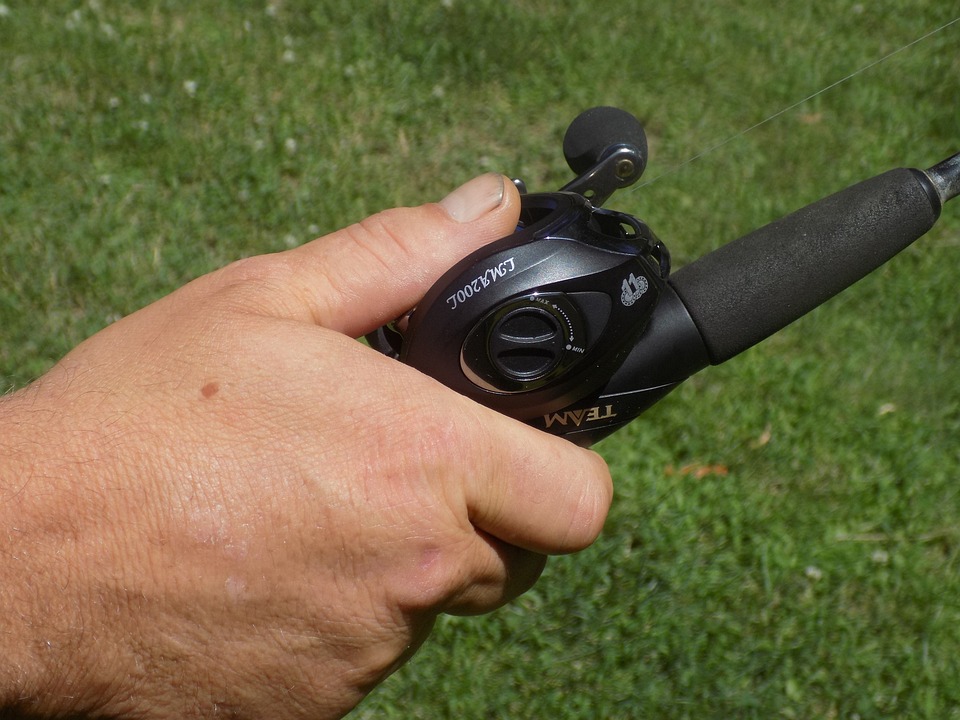Establishing and maintaining a thriving fish tank with marine corals can be a rewarding and visually stunning experience. The vibrant colors and delicate beauty of marine corals can transform any aquarium into a mesmerizing underwater paradise. However, it is important to understand the importance of fish tank health and the necessary steps to ensure the success of your marine coral tank.
Preparing for a Marine Coral Fish Tank
The first step in establishing a thriving marine coral tank is choosing the right tank setup. Selecting an appropriate tank size and shape is crucial, as it determines the number of fish and corals that can be accommodated. Additionally, investing in a reef-ready tank offers benefits such as built-in overflow systems and pre-drilled holes for better water circulation.
Equally important is investing in quality equipment, including lighting, filtration, and protein skimmers. Adequate lighting is essential for the growth and health of corals, while filtration systems remove waste and maintain water quality. Protein skimmers help to remove organic compounds and maintain water clarity.
Setting Up the Ideal Environment
Creating the ideal environment for marine corals involves selecting the right substrate and live rock. The substrate should be made of fine sand or crushed coral to mimic the natural habitat of corals. Live rock provides a source of beneficial bacteria and serves as a natural filtration system.
Achieving the perfect water parameters is crucial for the survival of fish and corals. This includes maintaining proper salinity, temperature, and pH levels. Installing a reliable water circulation system ensures that all areas of the tank receive adequate water flow, preventing dead spots and promoting proper gas exchange.
Cycling the Tank
Before introducing fish and corals to the tank, it is important to initiate the cycling process. This involves understanding the nitrogen cycle and its significance in establishing a healthy tank. The cycle can be initiated by adding live rock and a source of ammonia. Regular monitoring and testing of water parameters during the cycling process are essential to ensure a stable environment for fish and corals.
Selecting Compatible Fish and Corals
Researching fish and coral compatibility is crucial to ensure a harmonious tank environment. Certain fish species are known to thrive well with corals, while others may pose a threat to their survival. Understanding the social behavior and feeding habits of potential tank inhabitants is important to prevent aggression and ensure proper nutrition for both fish and corals.
Introducing the Fish and Corals
Proper acclimation techniques should be followed when introducing new fish and corals to the tank. This involves gradually adjusting the temperature and salinity of the water in which they were transported to match the tank’s parameters. Quarantine procedures should also be implemented to prevent the introduction of diseases into the tank.
Feeding and Nutritional Requirements
Understanding the nutritional needs of fish and corals is essential for their health and growth. Providing a balanced diet for fish, including a variety of high-quality flakes, pellets, and frozen or live foods, ensures optimal health. Differentiating between autotrophic and heterotrophic corals is important, as autotrophic corals derive their nutrition from photosynthesis, while heterotrophic corals require supplemental feeding.
Feeding Techniques
Selecting appropriate food types is crucial for the well-being of fish and corals. Implementing a feeding schedule and portion control prevents overfeeding and maintains water quality. Target feeding corals with specialized coral foods ensures optimal growth and vibrant coloration.
Maintaining Water Quality
Regular water testing is crucial for maintaining the health of fish and corals. Monitoring crucial parameters such as ammonia, nitrite, nitrate, phosphate, alkalinity, and calcium levels helps to identify and address any imbalances or potential issues. Regular water changes are also important for diluting accumulated toxins and replenishing essential elements.
Proper filtration is essential for maintaining water quality. Cleaning mechanical filters regularly prevents clogging and ensures efficient filtration. Optimizing biological filtration with live rock and beneficial bacteria helps to break down waste products. Enhancing chemical filtration with activated carbon and phosphate removers helps to remove impurities and control nutrient levels.
Controlling Algae Growth
Algae growth is a common issue in marine coral tanks. Implementing proper lighting duration and intensity helps to control algae growth. Introducing algae-eating fish and invertebrates, such as certain species of tangs or hermit crabs, can also help keep algae in check. Regularly cleaning the tank and removing excess detritus prevents nutrient buildup and reduces the chances of algae blooms.
Troubleshooting Common Issues
Algae blooms are a common issue in marine coral tanks. Identifying different types of algae and their causes is important for implementing appropriate methods to control their growth. This may include adjusting lighting, optimizing nutrient levels, or introducing specific algae-eating organisms.
Coral diseases can also pose a threat to the health of marine corals. Recognizing common coral diseases and their symptoms is crucial for taking immediate action to prevent the spread of diseases. Quarantining affected corals and providing the necessary treatment, such as dips or medication, can help save the rest of the tank inhabitants.
Fish health should also be closely monitored in a marine coral tank. Identifying signs of fish stress and disease, such as loss of appetite or abnormal behavior, is important for taking prompt action. Implementing proper quarantine procedures for new fish and administering appropriate medications when necessary helps to maintain the overall health of the tank.
Conclusion
Establishing and maintaining a thriving fish tank with marine corals requires careful planning, proper equipment, and regular maintenance. Regular monitoring of water parameters, providing a balanced diet, and maintaining water quality are crucial for the health of both fish and corals. Troubleshooting common issues promptly ensures the long-term success and enjoyment of your marine coral tank.









